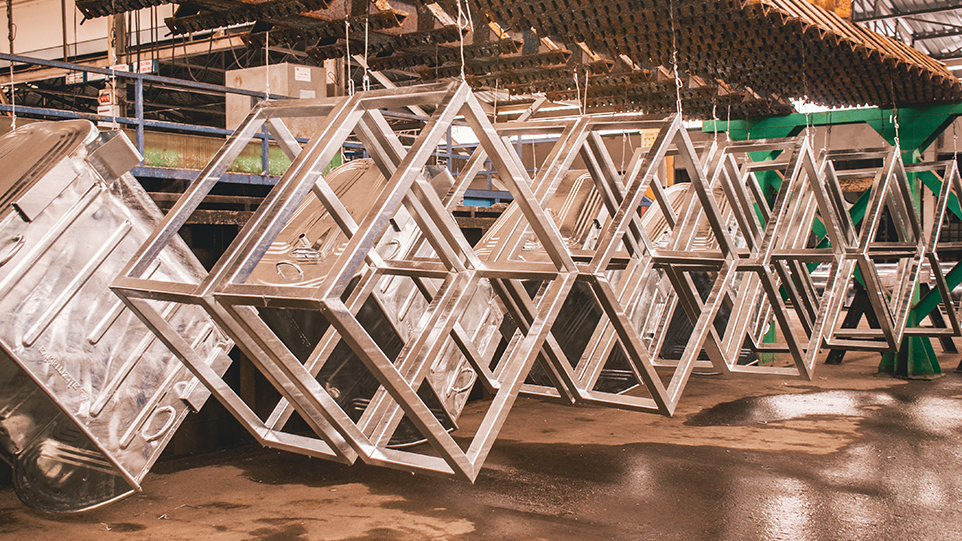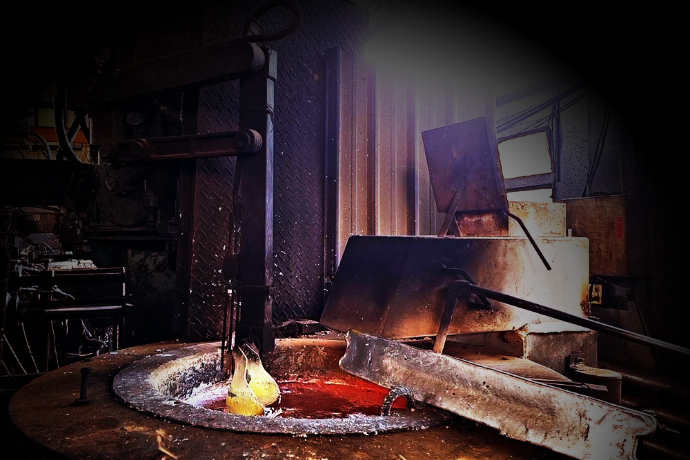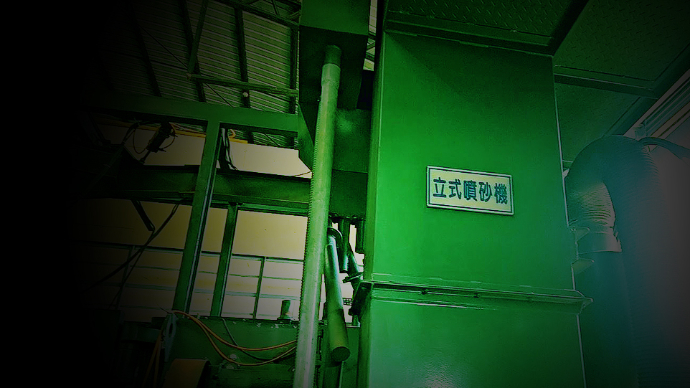- Home
- Knowledge
- Case Studies
- Material Science Focus
Material Science Focus
Surface Treatments for Aluminum Components

Aluminum’s natural properties make it an excellent material for thermal, mechanical, and structural applications. But surface treatment plays a critical role in enhancing performance, durability, and aesthetics.
Our Approach at GRAMOS
We tailor surface treatments based on your part’s usage environment, appearance needs, and functional requirements. Our in-house and partner facilities support everything from raw finishing to aerospace-grade anodizing.
Why Surface Treatment Matters

Although aluminum naturally forms an oxide layer that resists corrosion, industrial applications often demand stronger protection, specific textures, or unique appearances.
Key reasons to treat aluminum surfaces:
• Improve corrosion resistance in harsh environments
• Enhance thermal emissivity for heat dissipation
• Strengthen abrasion resistance for moving parts
• Achieve custom surface finish for branding or design consistency
Common Aluminum Surface Treatments
| Treatment |
Features |
Applications |
| Anodizing |
Hardens the natural oxide layer, improves corrosion resistance, and allows dyeing |
Electronics, aerospace, consumer products |
| Powder Coating |
Provides a durable, colorful coating with high resistance to chipping |
Outdoor enclosures, heat sinks, architectural panels |
| Shot/Sand Blasting |
Creates a uniform matte finish by cleaning the surface |
Pre-treatment before coating, mechanical parts |
| Chemical Conversion (Alodine) |
Enhances corrosion resistance without affecting conductivity |
Aerospace connectors, electronic housings |
| Polishing or Brushing |
Improves visual appearance and surface smoothness |
Decorative panels, lighting products |
Choosing the Right Finish

Surface treatment selection depends on the function, environment, and budget:
• Need high corrosion resistance? → Go for anodizing
• Want a color-matched design? → Choose powder coating
• Preparing for painting or bonding? → Use sandblasting as a pre-treatment
• Require electrical conductivity? → Consider Alodine coating instead of anodizing